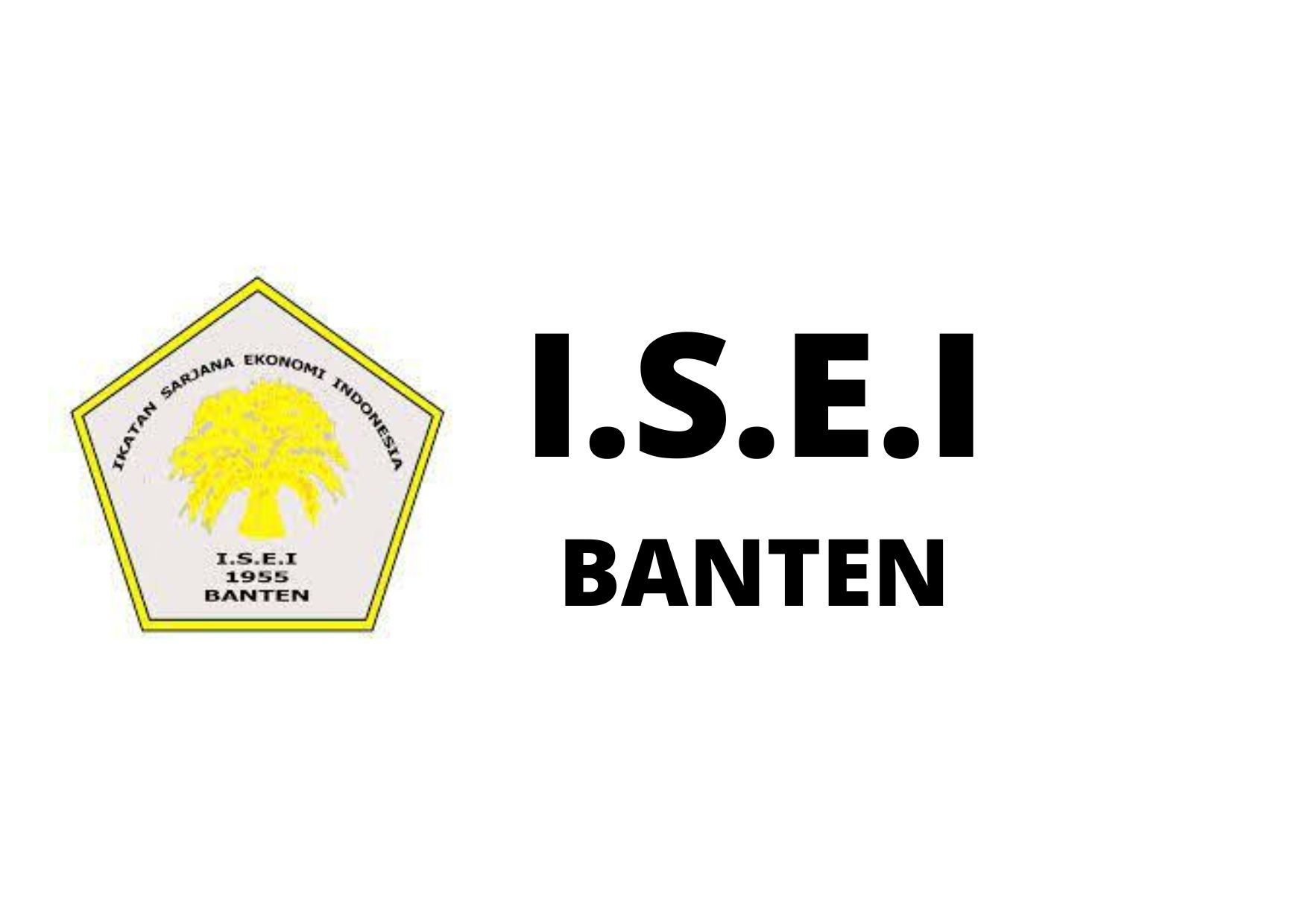Is There a Relationship Between Social Capital and Organizational Citizenship Behavior ?: An Empirical Study from Legislature Member
Abstract
Keywords
Full Text:
PDFReferences
Abdollahi, S & Gorji, M. (2014). The relationship between social capital and organizational citizenship behavior in universities, Advanced Research in Economic and Management Sciences, 17, 68-75.
Ahmadpoor, R., Yektayar, M., & Nazari, R. (2014). Structural equation modeling of relationship between organizational citizenship behavior and social capital with organizational learning among physical education teachers, European Journal of Sports and Exercise Science, 3(2), 39-44.
Aldag, R.,& Reschke, W. (2007). Employee Value Added: Measuring Discretionary Effort and Its Value to the Organization Center for Organization Effectiveness Inc. USA. London.
Amintojjar, H., Shekari, G. A., & Zahibi, M. R. (2015). The effect of social capital on organizational citizenship behavior: A case study of employees in Mashhad Municipality, International Journal of Organizational Leadership, 4, 144-153.
Amri, K. (2013). Faktor-faktor Yang Mempengaruhi Loyalitas Konsumen Surat Kabar Harian Serambi Indonesia di Kota Banda Aceh, Jurnal Ekonomi Manajemen dan Bisnis 1(1), 229-242.
Amri, K. (2015). Pengaruh Perilaku Kepemimpinan dan Motivasi Dalam Meningkatkan Produktivitas Kerja Karyawan PT Bank Sinarmas Tbk Cabang Banda Aceh, Jurnal Ekonomi Manajemen dan Bisnis3(1), 522-536
Archana, S., & Unni, V. (2014). A Study of Relationship between Social Capital and Organizational Citizenship Behavior, International Journal of Managerial Studies and Research, 2(4), 76-81.
Ariani, D. W. (2012). The Relationship between social capital, organizational citizenship behaviors, and individual performance: An empirical study from banking industry in Indonesia, Journal of Management Research, 4(2), 226-241.
Baghersalimi, S., Reza, H., Keldbari R., & Alipour, H. R. (2011). Organizational Citizenship Behavior And Employees Social Capital Case Study Rasht Hospitals, Australian Journal of Basic and Applied Sciences, 5(8), 1185-1193.
Balino, M. C., Turnley, W. H., & Bloodgod, J. M. (2002). Citizenship Behavior and The Creation Of Social Capital in Organizations, Academy of Management Review, 27(4), 505-522.
Bogler, R., & Somech, A. (2005). Organizational citizenship behavior in school: How does it relate to participation in decision making.Journal of Educational Administration, 43(5), 420-438.
Farnita, I., & Amri, K. (2013). Persepsi Mahasiswa Terhadap Kualitas Layanan PendidikanAkademi Manajemen Informatika dan Komputer Indonesia (AMIKI) Banda Aceh, Jurnal Ekonomi Manajemen dan Bisnis 1(1), 118-139.
Iskandar, D., & Amri, K. (2013). Pengaruh Daya Tarik Iklan, Kualitas Pesan Iklan dan Frekuensi Penayangan Iklan Terhadap Efektifitas Iklan Televisi Produk Mie Instan Merek Indomie Goreng Cabe Ijo, Jurnal Ekonomi Manajemen dan Bisnis, 2 (2), 424-437.
Jahangir, N., Akbar, M. M., & Haq, M. (2004). Organizational citizenship behavior: Its nature and antecedent. BRAC University Journal, 1(2), 75-85.
Jex, S. M. (2002). Organizational psychology a scientist-practitioner approach. New York: John Wiley & Sons.
Moghimi, S. M. (2010). The effect of social capital on organizational excellence. Strategic Management Studies. 3, 123-143.
Nahapiet, J., & Ghoshal, S. (1998). Social capital, intellectual capital, and the organizational advantage. Academy of Management Review, 23, 242-266.
Organ, D. W., & Ryan, K. (1995). A meta-analytic review of attitudinal and dispositional predictors of organizational citizenship behavior. Personnel Psychology, 48(4), 775-803.
Organ, D. W., Podsakof, P. M., & Mackenzie, S. B. (2006). Organizational citizenship behavior: Its nature, antecedents, and consequences. California: Sage Publication.
Piercy, N.F., N. Lane, &D.W. Cravens.(2002). A gender perspective on sales person organizational citizenship behaviour, sales manager control strategy and sales unit effectiveness, Women in Management Review, 17(8): 373-391.
Putnam, R. D. (1993). Making democracy work: Civic traditions in modern Italy. Princeton, NJ: Princeton University Press.
Randall, D. M. (2000). The consequences of organizational commitment: Methodological investigation. Journal of Organizational Behavior, 11, 361-378.
Ratnawati., & Amri, K. (2013). Pengaruh Keadilan Organisasional, Kepercayaan Pada Atasan Terhadap Perilaku Kewargaan Organisasi (Organizational Citizenship Behavior), Jurnal Ekonomi Manajemen dan Bisnis 1(1), 56-73.
Sabatini, F. (2008). Does social capital improve labor productivity in Small and Medium Enterprises?. International Journal of Management and Decision Making, 9(5), 452-480.
Shahi, A., Alipour, H., & Feizi, M. (2013). Examining the relative importance of social capital dimensions on citizenship behaviors of Moghan’s agro industry company employees, Arabian Journal of Business and Management Review, 2(7), 64-71.
Yazdanpanah, R., & Pordal, A. (2014). The relationship between social capital and organizational citizenship behaviour (Case study: Yasouj education and training), Indian Journal of Fundamental and Applied Life Sciences, 4(4), 2092-2099.
DOI: http://dx.doi.org/10.35448/jmb.v14i1.11765
Refbacks
- There are currently no refbacks.
Copyright (c) 2021 Sains: Jurnal Manajemen dan Bisnis
Redaksi SAINS: Jurnal Manajemen dan Bisnis,
Fakultas Ekonomi dan Bisnis, Universitas Sultan Ageng TirtayasaJl. Raya Palka KM 3 Sindangsari, Pabuaran, Kab. Serang, Provinsi Banten
Telp/Fax (+62254) 3204321
E-mail: [email protected]
Sains: Jurnal Manajemen dan Bisnis is licensed under a Creative Commons Attribution-ShareAlike 4.0 International License.







